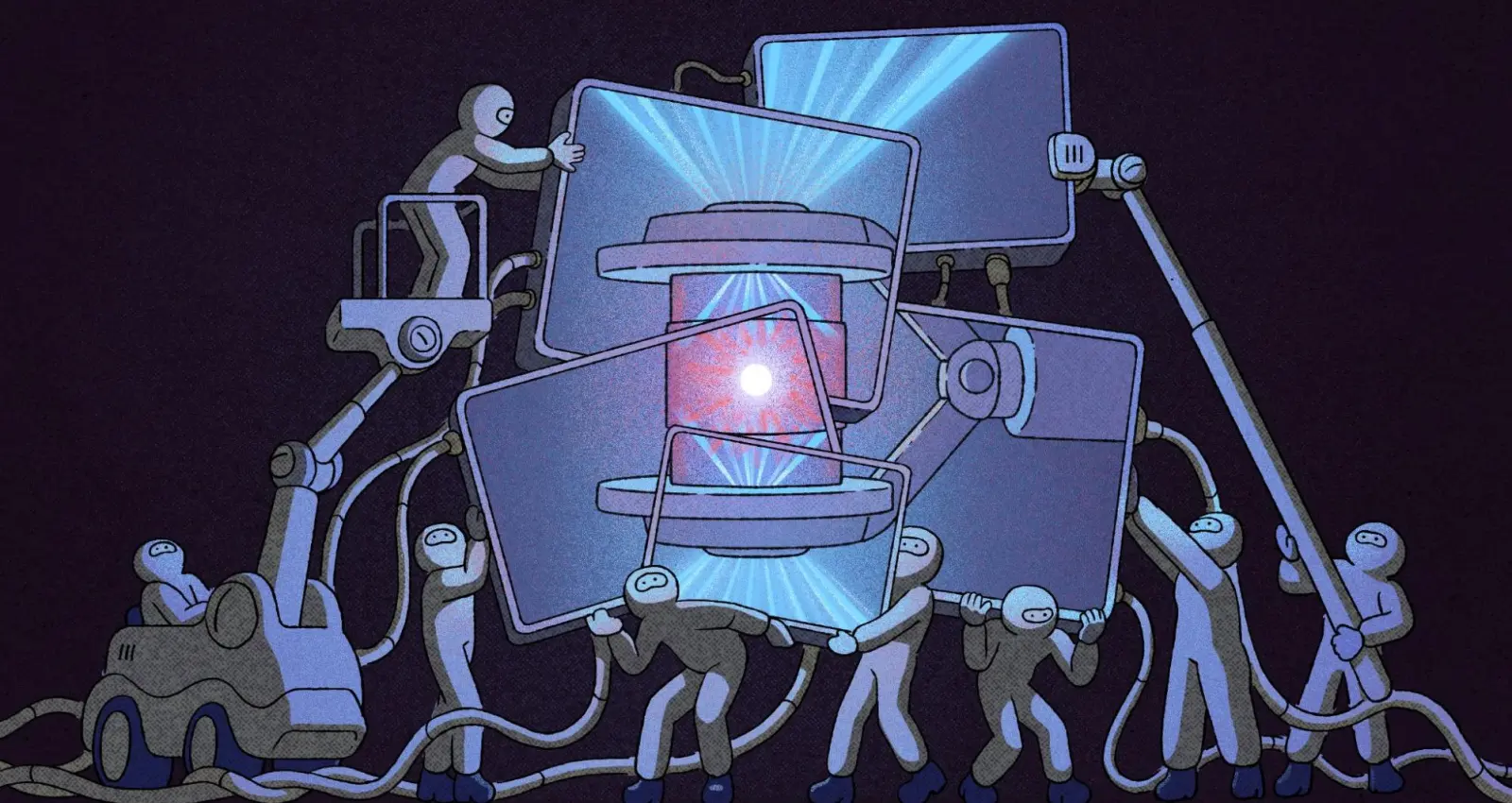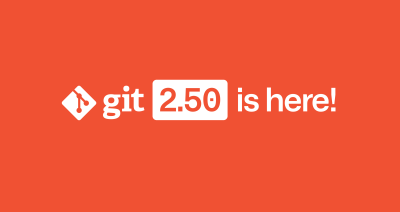This month on The ReadME Podcast: exploring the fusion of technology and progress
Open source’s impact on nuclear fusion research, adapting to technological change, and mastering GitHub essentials.

Subscribe to The ReadME Podcast on Apple Podcasts, Spotify, or wherever you listen to podcasts.
Envision a cubic kilometer of seawater—imagine swimming a kilometer out into the ocean, down a kilometer, and over a kilometer. If you could use fusion to tap into the energy from the hydrogen in that volume of seawater, it would hold approximately the equivalent of all the world’s oil reserves.
That’s a quote from J. Luc Peterson, a physicist and researcher at Lawrence Livermore National Laboratory, who joined our senior editor, Klint Finley, on this month’s episode of The ReadME Podcast to discuss how open source technology accelerated the lab’s game-changing breakthrough in fusion research. Peterson explains how they achieved an industry milestone called “ignition” by focusing the energy from 192 massive laser beams onto a tiny gold canister about the size of a pencil eraser and shared how open source contributed to making this achievement possible. Hint: it involves supercomputers and artificial intelligence (AI). Make sure to check out The ReadME Project’s featured article, which provides an in-depth look at how open source is fueling the future of nuclear physics.

Accelerating through change
This month’s episode leans into the technological shifts that force us to adapt and inspire us to dream big. Whether it’s fusion energy breakthroughs, the first transatlantic telegraph lines transforming global communication, or AI changing the way you write code, we discuss what happened and how it impacted humanity.
Looking toward the future, our hosts, Neha Batra and Martin Woodward, connect with Jerome Hardaway, founder of Vets Who Code, to gain insight on how developers can fortify themselves against changes in the job market. Jerome shares the advice he offers his troops and provides step-by-step guidance on actions you can take today to become an indispensable member of your team and the industry at large. For more advice from Jerome, make sure to check out his latest guide on The ReadME Project, Junior to senior: An action plan for engineering career success.
For newcomers to GitHub, Kedasha Kerr joins the podcast to offer useful tips for getting started on the platform. She highlights the best educational materials and online communities to accelerate your path to contribution. These resources equip individuals with the skills and knowledge required to make an impact on open source projects and build a successful tech career.
To learn more about how open source is fueling fusion research, get invaluable developer advice to solidify your position, and pick up practical tips for GitHub newcomers, tune in to this month’s episode of The ReadME Podcast. To get notified about next month’s episode, where we will be discussing a complicated catch-22 that all open source maintainers have to face, make sure to subscribe to The ReadME Podcast on Apple Podcasts, Spotify, or wherever you listen to podcasts.
Tags:
Written by
Related posts

Git security vulnerabilities announced
Today, the Git project released new versions to address seven security vulnerabilities that affect all prior versions of Git.

Highlights from Git 2.50
The open source Git project just released Git 2.50. Here is GitHub’s look at some of the most interesting features and changes introduced since last time.

4 trends shaping open source funding—and what they mean for maintainers
Get insights on the latest trends from GitHub experts while catching up on these exciting new projects.